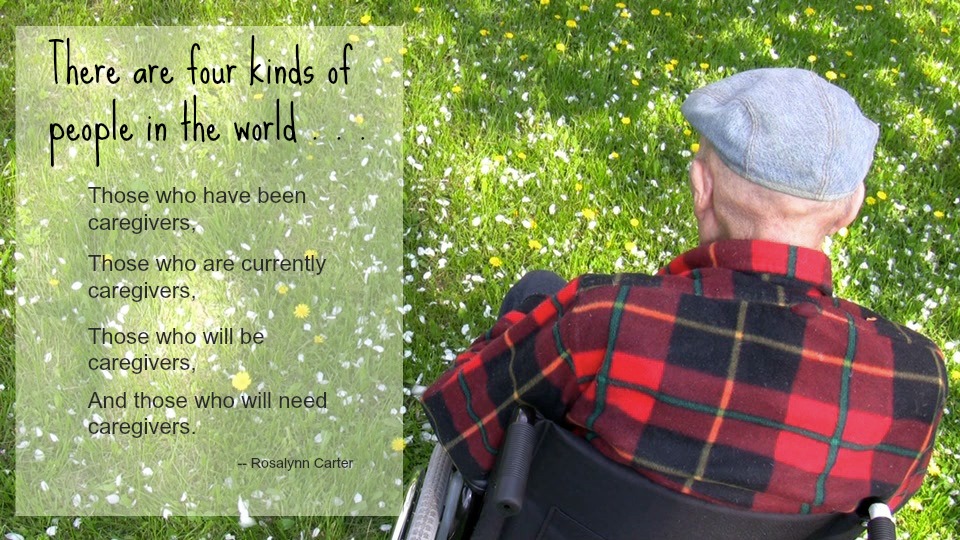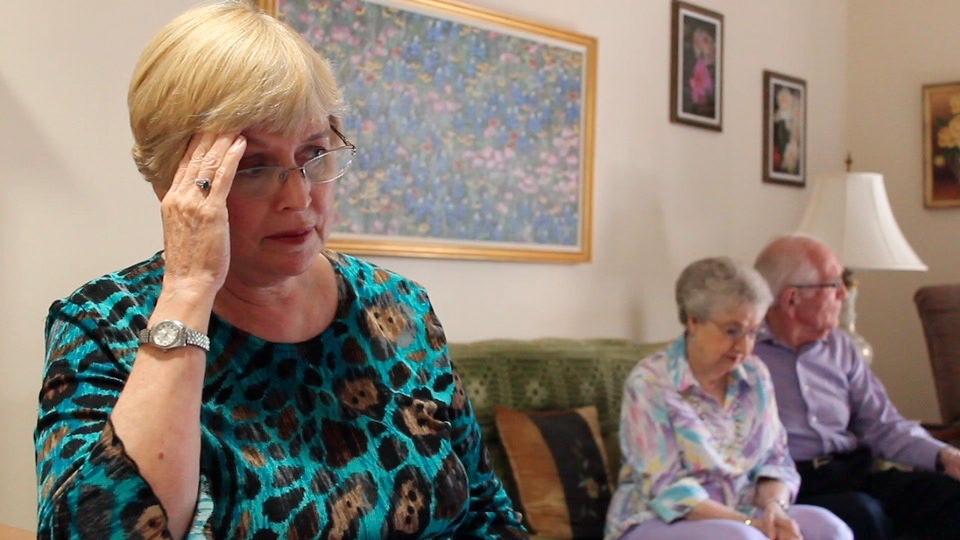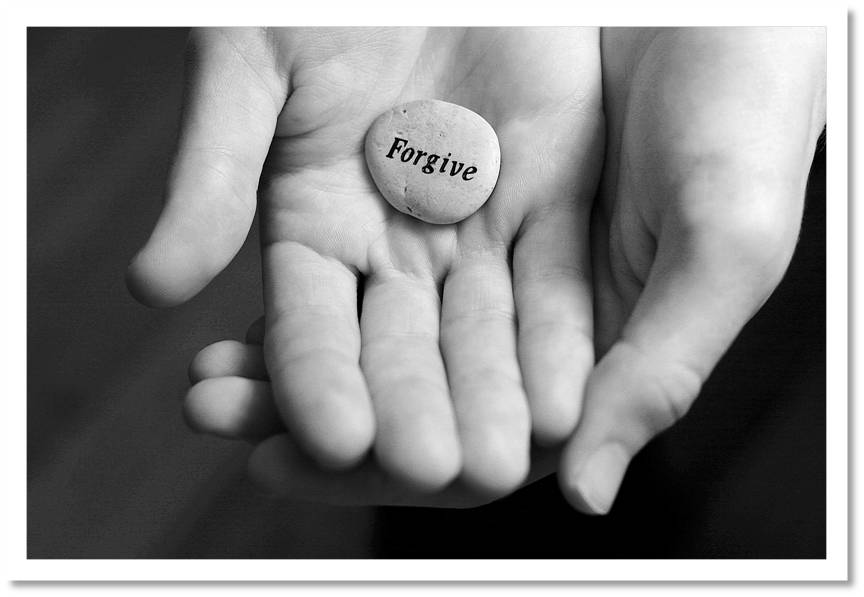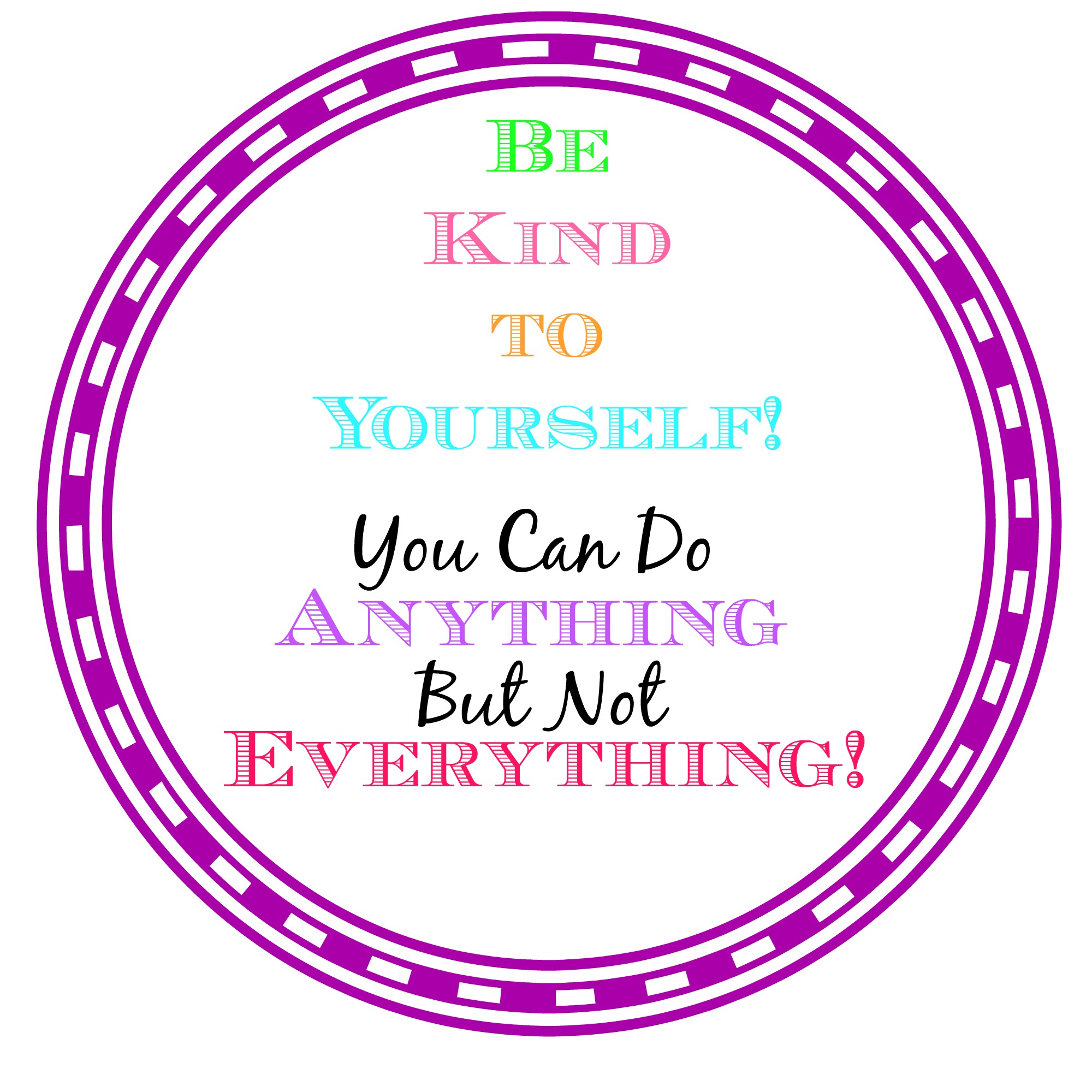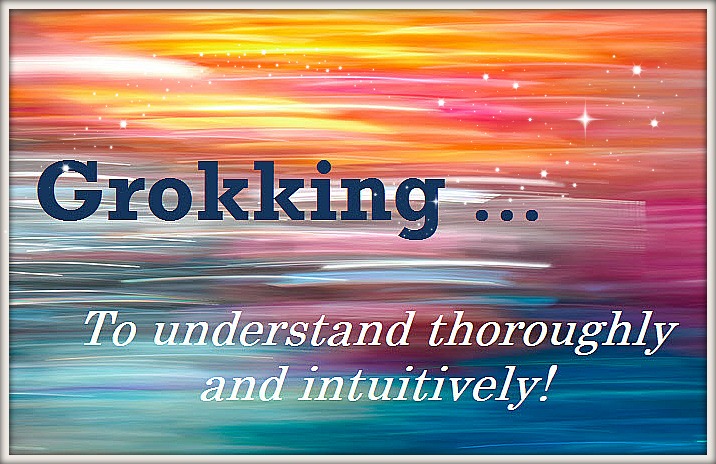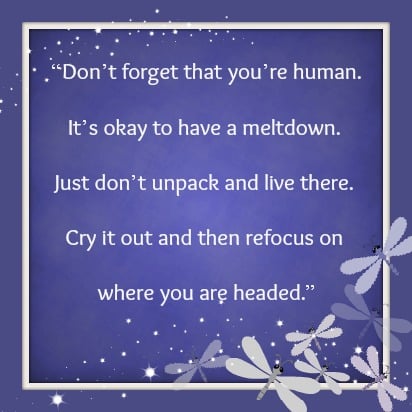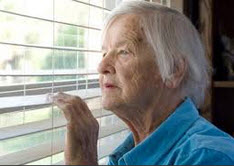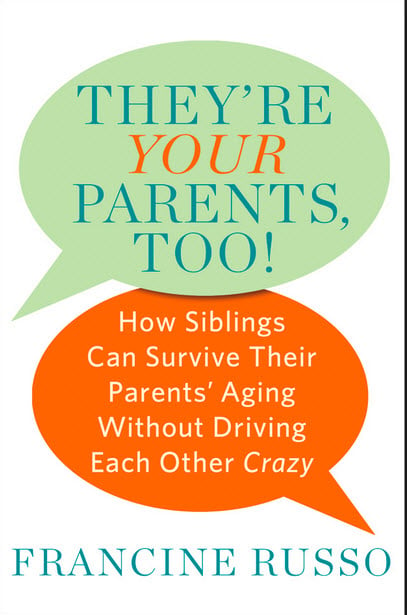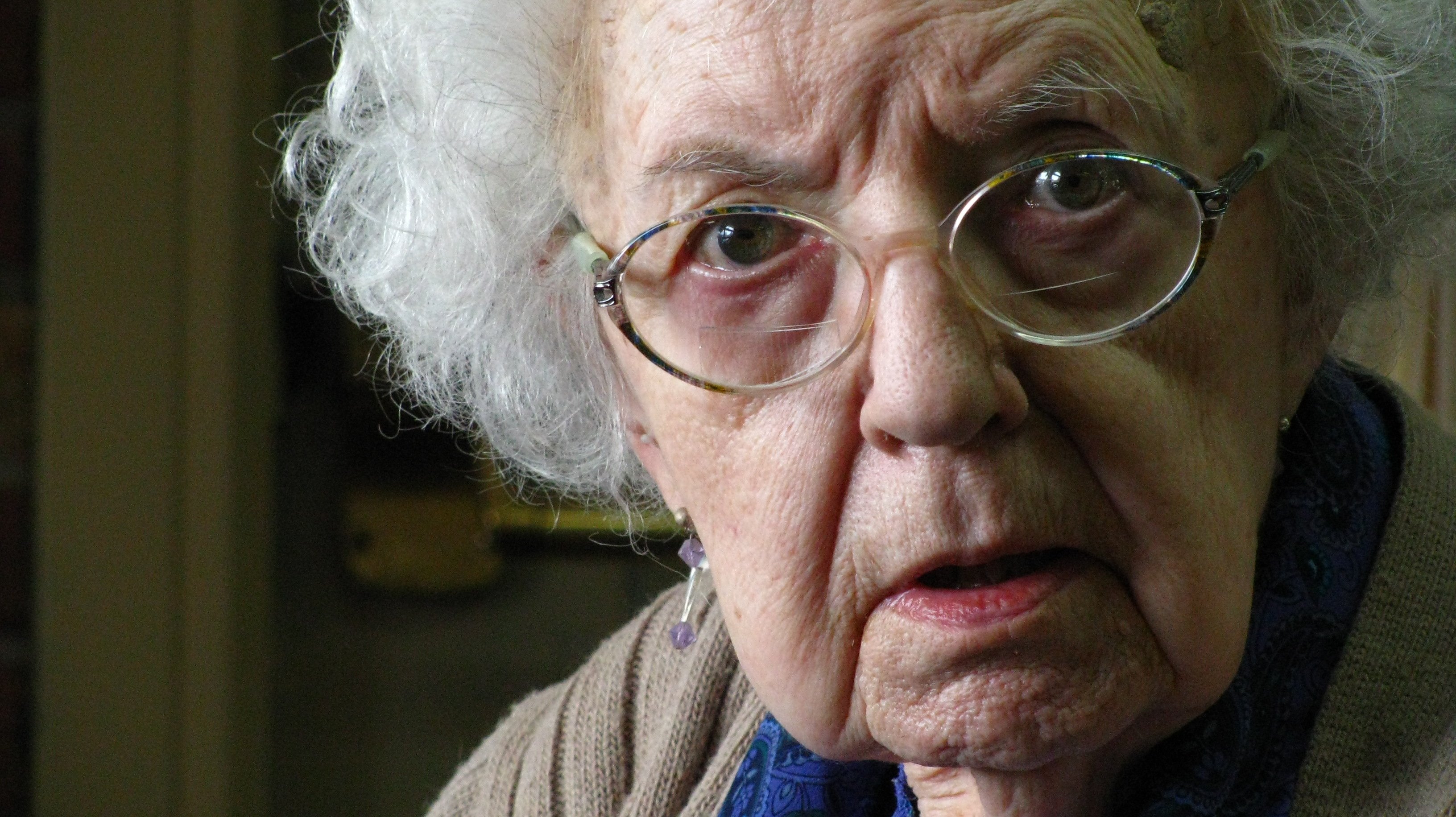It’s exciting to see the amazing growth in the senior living industry and the constantly evolving levels of care available to senior residents. However, about 90 percent of seniors in America still live at home and most of those must receive care from family members for much of their daily needs. As professionals serving seniors first, I think we all want to know that all seniors are getting the best care they can, wherever they are. That compassionate kind of thinking really defines our industry in a special way.
- Blog
- About Us
- Caregiver Videos
- Alzheimer's
- Ask the Geriatrician
- Assistive Devices
- Caregiver Info
- Cultural Sensitivity
- Dementia
- Dementia Activities
- Depression
- Diabetes
- Elder Abuse
- Elder Care Issues
- En Español
- Fall Prevention
- Grief & Loss
- Heart Issues
- Hearing & Vision
- Hoarding
- Hospice/End of Life
- Living in a
Nursing Home - Medications
- Mental Health
- Nutrition
- Oral Care
- Parkinson's Disease
- Quality of Life
- Senior Health
- Sexuality & Aging
- Spirituality & Aging
- Stress
- Substance Abuse
- Wound Care
- Continuing Ed
- Resources

